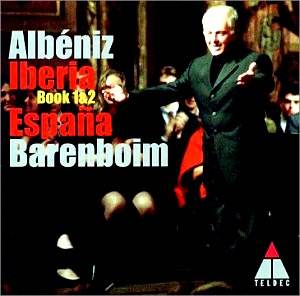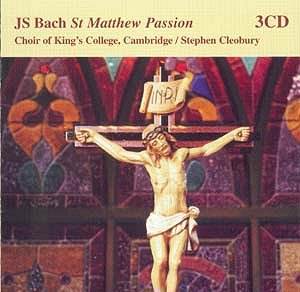 Johann Sebastian BACH (1685-1750)
Johann Sebastian BACH (1685-1750)
The Six Partitas
Partita no. 1 in B flat major, BWV 825
Partita no. 2 in C minor, BWV 826
Partita no. 4 in D major, BWV 828
Partita no. 3 in A minor, BWV 827
Partita no. 5 in G major, BWV 829
Partita no. 6 in E minor, BWV 830
Angela Hewitt, piano
Rec: June 1996 (CD1) and January 1997 (CD2), Beethovensaal, Hanover, Germany.
HYPERION CDA67191/2 [143.22]
Angela Hewitt’s recording of J.S. Bach’s The Six Partitas stands as a testament to her position as one of the most insightful Bach interpreters of our time. These works, originally published in 1731 as Bach’s Opus 1, represent not only a summit of keyboard artistry but also an inexhaustible wellspring of invention, emotion, and joy. Hewitt’s approach captures the duality of these pieces—at once deeply personal and universally resonant.
The first impression of this recording is its sheer clarity. Hewitt’s articulation is pristine, each note shaped with care and purpose. Her touch is at once delicate and assured, a balance that allows Bach’s intricate counterpoint to bloom naturally. In the opening Praeludium of Partita No. 1 in B-flat major, her phrasing suggests a conversational quality, as though the music were speaking directly to the listener.
Hewitt’s interpretations shine particularly in the dance movements, which lie at the heart of the Partitas. The Allemande of Partita No. 4 is stately yet warm, its measured pace inviting introspection. By contrast, her Courante in Partita No. 6 is brimming with vitality, her rhythmic precision giving the music an irresistible momentum. Throughout, she resists the temptation to over-romanticize, remaining faithful to Bach’s baroque aesthetic while infusing the music with her own quiet passion.
Special mention must be made of her interpretation of the Sarabandes. These movements, often the emotional core of the Partitas, are rendered with a gravity and grace that make time seem to stand still. In the *Sarabande* of Partita No. 2, Hewitt allows each chord to resonate fully, creating an atmosphere of profound contemplation.
Technically, this recording benefits from Hyperion’s superb production. The piano sound is warm and natural, with just enough resonance to envelop the listener without obscuring the finer details of Hewitt’s playing. This balance is critical in a work as texturally rich as the Partitas, where every voice deserves to be heard.
Hewitt’s Partitas are not merely an intellectual exercise; they are alive with wit, pathos, and exuberance. Her interpretations remind us why these works have endured for nearly three centuries: they speak to the full range of human experience. Whether you are a seasoned Bach aficionado or new to his music, this recording offers an experience that is both profound and deeply satisfying.
Verdict:
Angela Hewitt’s recording of The Six Partitas is a triumph of artistry and insight, a recording that invites repeated listening and rewards it with new discoveries each time.
Rating: 5/5

